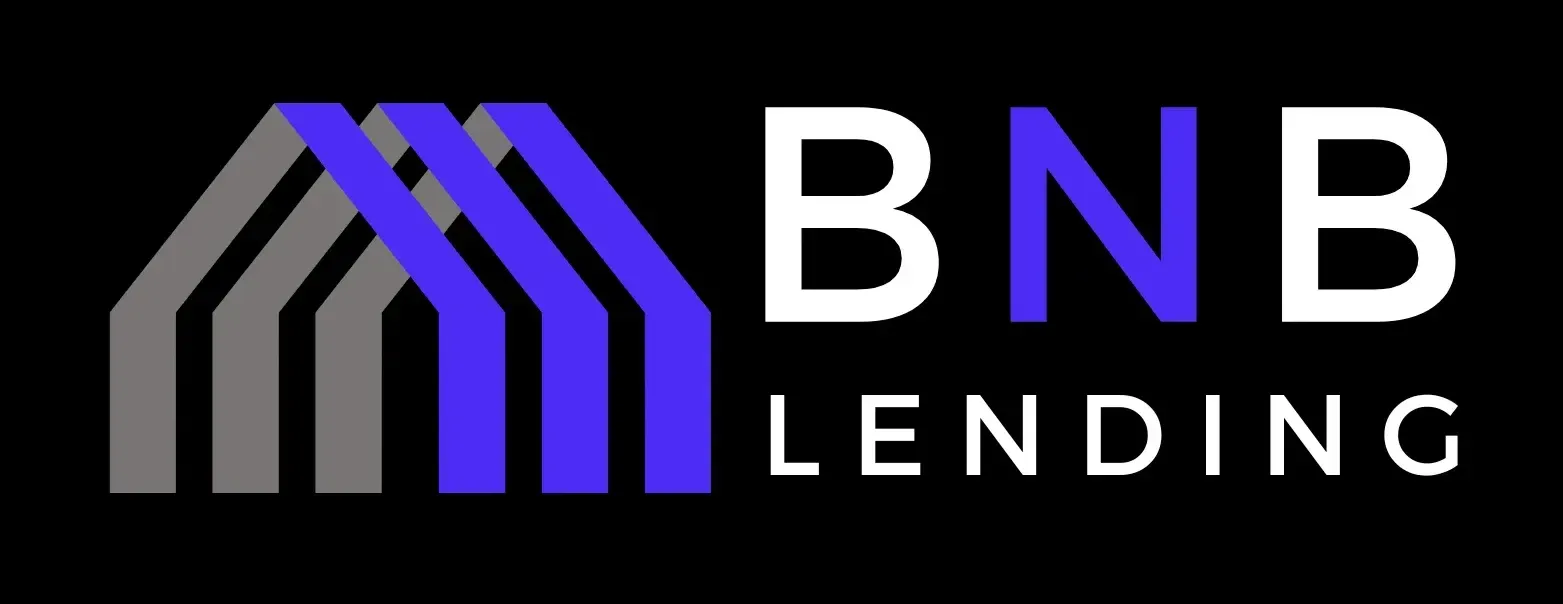
HELOC Loans in North Carolina
Home Equity Line of Credit (HELOC)
North Carolina homeowners can leverage a HELOC (home equity line of credit) to access flexible, low-interest borrowing backed by their home’s value. Whether you're renovating in Raleigh, paying tuition in Charlotte, or consolidating debt in Asheville, a HELOC provides a revolving credit line with variable interest and interest-only payments during the draw period. Most lenders in North Carolina require 15%–20% home equity and a credit score of at least 620. For lump-sum needs, a fixed-rate home equity loan may be a better fit. Homeowners in the state can choose from competitive options through local banks, credit unions, and regional lenders.
How to qualify
To obtain a quote, we will need the following information:
Property Value and
Purchase Price
Down Payment
Amount
Credit Score
Asset Types
- Single Family Homes
- Townhomes
- Condos
- 2 - 4 Units (Duplex, Triplex, Quadplex)
- Multi-Family: 5 - 8 Units
- Mixed-Use: 2 - 8 Units
- Multi-Family: 9+ Unit
Loan Terms
- Loan Sizes:
$100k up to $3.5 Million (Larger loan sizes available on a case by case basis)
- Purchase LTV:
Up to 85%
- Rate & Term Refinance LTV:
Up to 80%
- Cash Out Refinance LTV:
Up to 80%
- Amortization:
30 Year % 40 Year Amortization Options Available
- Term Lengths:
5/6 ARMs, 7/6 ARMs, 10 Year Interest Only, 30 Year Fixed & 40 Year Fixed
- Floor Rate:
5.50% (subject to change daily due to market volatility)
- Full Recourse
with personal guarantee required for all borrowers with majority ownership (typically 20%+ or 25%+ if closing in an Entity)
- DSCR Requirement: 1.00x or greater depending on loan size and property type. Sub-1.00x DSCR and NO DSCR options available.
- Vesting:
Lending to Individuals, LLCs, and Corporations. Trusts Allowable on a Case by Case Basis.
- Average Time to Close:
14 to 35 days
Wondering if you qualify for investment property financing in your area?
Frequently Asked Questions
What is a HELOC and how does it differ from a home equity loan?
A HELOC in North Carolina is a revolving credit line that lets you borrow, repay, and borrow again during the draw period. It’s secured by your home’s equity and typically features a variable interest rate. A home equity loan, on the other hand, gives you a one-time lump sum with fixed monthly payments. HELOCs are ideal for flexible or phased expenses. Home equity loans suit large, one-time costs with predictable repayment schedules.
How do HELOC rates work and what affects the interest rate?
HELOC rates in North Carolina are usually variable and based on the prime rate. Your individual rate depends on factors such as credit score, loan-to-value ratio, income, and the lender’s policies. Many North Carolina credit unions and banks offer rate discounts for autopay, promotional APRs, or fixed-rate options. Comparing offers from several institutions is the best way to get a favorable deal.
Can I qualify for a home equity loan in North Carolina with low credit?
Yes, homeowners in North Carolina with lower credit may still qualify for a home equity loan, especially if they have strong equity and consistent income. Most lenders prefer scores of 620 or higher, but some may consider applicants in the 580–620 range.You’ll likely face higher interest rates and be required to submit detailed income documentation. Local credit unions may offer more flexibility than larger national lenders.
How much equity do I need in my home to get a HELOC?
In North Carolina, most lenders require 15%–20% equity to approve a HELOC. That means your mortgage balance should be no more than 80%–85% of your home’s current appraised value.Other factors include your credit score, income, and debt-to-income ratio. Homes in fast-growing markets like Durham or Wilmington may offer higher loan potential based on appreciation.
Are home equity loans in North Carolina better for large expenses?
Yes, home equity loans in North Carolina are a good choice for large, one-time expenses like home renovations, medical procedures, or major purchases. These loans offer lump-sum funding with fixed rates and consistent monthly payments. For ongoing or staggered costs, a HELOC may provide more flexibility. Consider your financial timeline and budget preferences when deciding between the two.
What are typical equity rates and loan terms in North Carolina?
Yes, home equity loans in California are often ideal for large expenses such as full-scale remodels, medical bills, or debt consolidation. These loans offer fixed interest rates, lump-sum payouts, and predictable monthly payments. If you need to access all your funds at once and prefer budgeting stability, a home equity loan may suit you better than a HELOC. However, for phased or recurring expenses, HELOCs provide more borrowing flexibility. Many California homeowners evaluate both options depending on their financial plans.
Looking at options outside North Carolina? Compare HELOC loans in South Carolina , Tennessee , Georgia , and Virginia...



